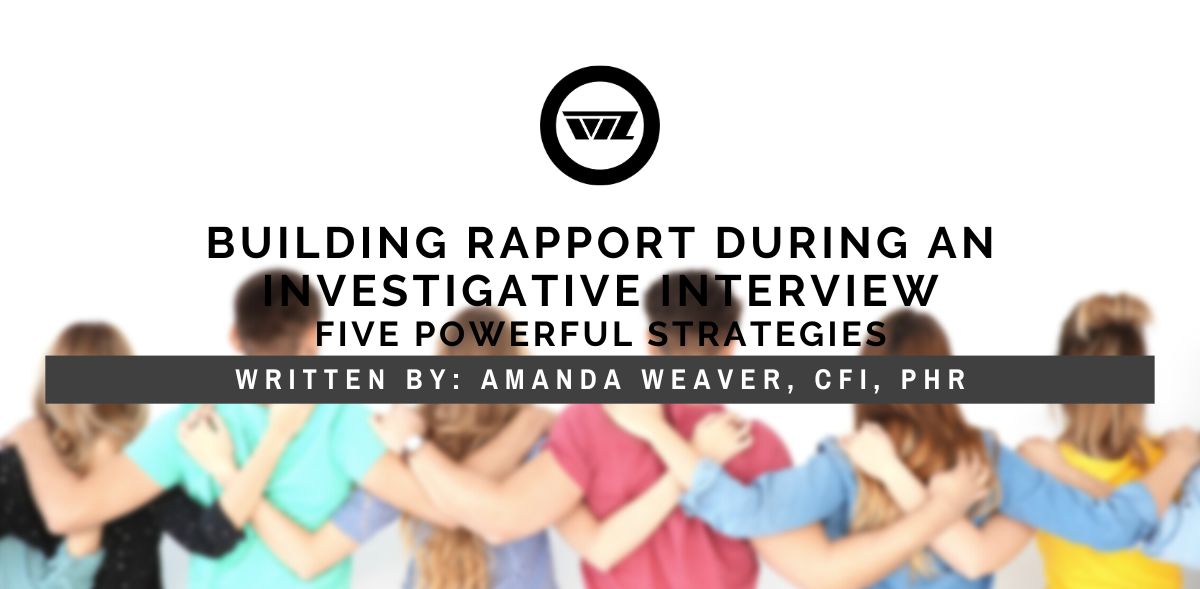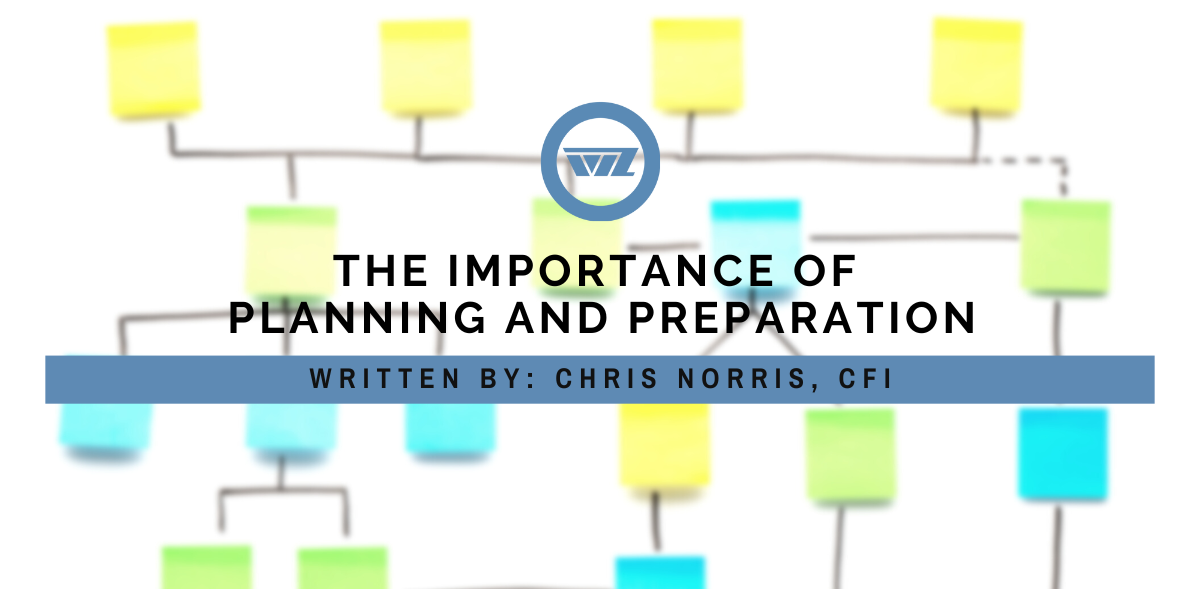Are you one of those people that can connect with anyone? Do you know someone that seems to make friends anywhere they go? Sure, this could be for a number of reasons – but most importantly these people have a skill in building rapport.
People relate with other people who are like them. Whether you are fans of the same sports team, enjoy similar hobbies or share political interests, it is easier to connect with someone like you. Think about it this way; if you are traveling far away from your hometown and you bump into somebody wearing a hat with your home team sports logo, all of a sudden you feel comfortable saying hello.
Developing rapport with your subject in an interview builds trust and likability as well as identifies possible rationalizations to use. This skill is not limited to interviews or interrogations however, as it is a vital part of many conversations such as a job interview, a sales pitch or even a first date. While a large part of my job is to train on interviews, I’ve also had my fair share of first date experiences so I thought I would combine the two and give you my list of the top 5 things to consider when developing rapport.
- Don’t Sound Like an Interrogator
Interview: This is one of the first steps in an interview, you don’t want the subject feeling accused or targeted as you are trying to develop a baseline and obtain information without coming across like an interrogator.
Date: If you keep firing off questions you will condition your possible mate to stop answering. Developing rapport should be a natural dialogue rather than a cross-examination.
- Always be Yourself
Interview: Sure, I just told you that people like people that are like themselves – but if you pretend to be someone you’re not and the subject identifies that, then your entire strategy becomes irrelevant.
Date: If you start to pretend you’re interested or passionate about something that you’re not just to make a connection this could be a major problem down the road. All of a sudden you’re going to yoga classes, reading poetry and watching chick-flicks because “you have that in common”. Remember, sometimes opposites do attract.
- Show Sincerity
Interview: A major factor in developing rapport and rationalizing is the ability to show empathy and place yourself in your subject’s shoes. Show sincerity by the tone of your voice, active listening and displaying non-verbal cues such as nodding of the head and smiling when the subject speaks about their background.
Date: Don’t just act like you care – actually do so. This will score you some big points during the rapport building stage. If she tells you that story about some argument she had with her co-worker, listen and then ask follow-up questions to show your interest. If he tells you the story about how he injured himself in a big football game and that’s why he can’t play anymore, well… he’s probably lying.
- Pay Attention to Order
Interview: When you ask a question “What do you like to do outside of work?” pay attention to the order of their response. “Well, I really enjoy spending time with my wife and kids, hanging out with friends and going to the gym”. If you are making assumptions during this stage, I would assume that family is top priority to this person meaning they may be concerned about embarrassment or shame if they admit to their wrongdoings in the interview.
Date: “What do you like to do for fun?” or “What are you most likely to do on a day off?” are great conversation starters on a first date. Listen carefully to the order of their response. “I like to go out on the weekends and hang out with friends, watch any games if they are on and sometimes go to the gym”. The first answer is probably the most accurate and the most often of activities, whereas the last answer may have just slipped in there to impress or satisfy you.
- Identify Possible Hurdles or Rationalizations
Interview: Your subject can be a great help to the interview strategy during this stage. If your subject tells you they like to go golfing, but it got too expensive, you may have just identified a financial rationalization. Maybe your subject tells you that they hang out with friends a lot and sometimes they come visit your subject at work – you may have identified peer pressure. Your subject may also tell you that they love their job or that they really enjoy working for their boss in which they are also telling you the greatest obstacle standing between you and the admission.
Date: Similar to an interview, your prospective partner may be giving you information on reasons to run away without even knowing it. If they start talking about how close they are with their friends, their parents or their ex-boyfriends family you may start to determine who you need to impress if you want to keep this one. They may even tell you the reasons their last relationship didn’t work out. That is a tricky one, but remember that past performance is usually the best indicator of future behavior.
Developing rapport is a vital step in any conversation whether it is an interview or a first date. Make sure to spend the appropriate amount of time making that connection with your subject. Feel free to reach out to discuss your methods of developing rapport or making a connection – just please, no “Dear Abby” letters. This is about as far as my dating advice should go.
David Thompson, CFI, is the President of Wicklander-Zulawski & Associates, Inc. (WZ). He is responsible for the day-to-day operations of WZ, as well as strategic planning and the evolution of interview and interrogation content. David has also served as the Director of Investigations giving him the opportunity to manage a variety of cases while conducting interviews and consulting on investigations ranging from theft and fraud to sexual harassment and homicide. As a speaker for WZ, David has created customized training programs, presented at seminars, hosted a variety of webinars as well as conducted live broadcasts of training.





May 14, 2015, 3:30 pm
The trick I always use when building rapport is to make the other person Laugh about a lighthearted comment I just made. If the last sound genuine that I know some barriers are down.